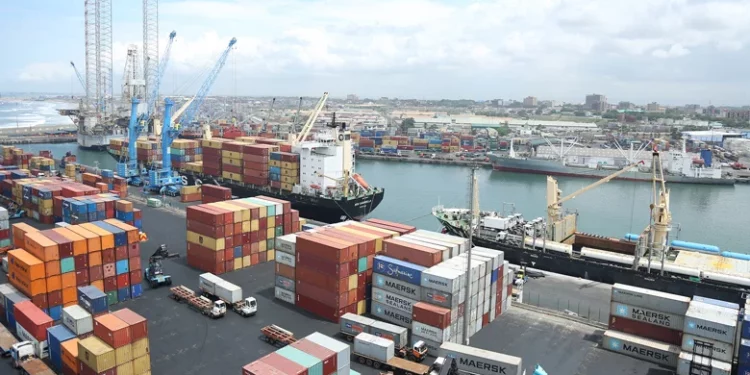Manufacturing has the key to unlock intra-African trade
Industrial zones developer Arise is on a mission to industrialise sub-Saharan Africa.
The company, whose two shareholders are the Africa Finance Corporation and the Africa Transformation and Industrialization Fund, has three industrial zones in operations in west Africa (in Gabon, Togo and Benin), and a pipeline of another seven such zones under development from Rwanda to Nigeria and Chad.
Founder and CEO Gagan Gupta tells fDi that industrialisation is the way to go to trigger intra-African trade.
Q: What’s the main rationale for African countries industrialising?
A: You have so many people coming to the job market every year. At the same time, many of them won’t necessarily all be extremely qualified.
That creates the need for base-level, industrial jobs. Purely from a demographics perspective, China’s job market is going to lose close to 26 million workers by 2030.
The likes of Vietnam or Cambodia can take just so much — it’s a massive opportunity for Africa to capture some of these jobs.
Another element is the fact that as countries like China or Vietnam move towards more sophisticated manufacturing, as their gross domestic product per capita increases, some of their industrial jobs will no longer be economically viable.
On top of that, many African countries are exporting raw materials, but they don’t create jobs for their people, which is not sustainable.
Exporting raw materials is like exporting jobs, and importing finished goods is like importing unemployment. That’s not sustainable.
Also, from a geopolitical perspective, there is a push to move manufacturing closer to the customers or the resources.
Q: Why is industrialisation key to unlocking intra-Africa trade?
A: Countries can’t trade raw materials. Benin can’t send cotton to Gabon — what can Gabon do with this? And Gabon can’t send round logs to Benin — what can Benin do with this?
Without goods to trade, there is no intra-Africa trade. The moment you have products to trade, trade automatically starts. When we opened our industrial zone in Togo to produce soybean meal, everybody expected us to focus on the European market.
I wanted to focus on the African market first and we started exporting to Ghana — a customer that would otherwise import from Argentina.
Think of Chad: the country has 126 million heads of livestock. The country could export $4.5bn in meat every year, while a neighbouring country like Gabon imports meat from Argentina. That’s not sustainable.
Q: With such high fertility rates, can African countries accumulate enough savings to support domestic demand for the goods to be traded?
A: The fertility rate goes down when people have income sources. The more people get stable jobs, the more people are able to have a stable life, then they start building their life around this income.
They move away from merely subsisting to a more organised lifestyle.
Q: Can the African Continental Free Trade Area (AfCFTA) improve things?
A: Any such initiative will take its own time. The AfCFTA is very good in principle. But if there’s nothing to trade, you can put any trade agreement and nothing will get done.
On top of that, I think we need to start first with bilateral trade and as countries get comfortable, then you will see intra-Africa trade open up.
I also believe that trade cannot be truly free if not accompanied by free movement of people. And we need free flows of capital too.







